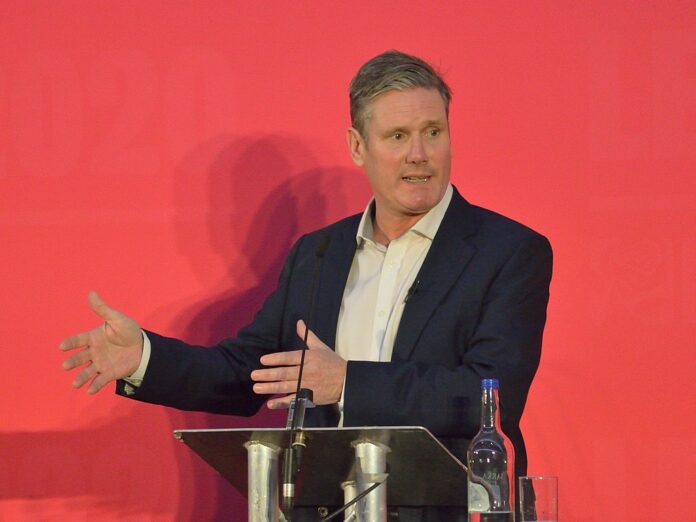Party plans to create 3,300 new nurseries in primary schools to support working parents and drive up standards
Labour has pledged to create more than 100,000 new nursery places for children from nine months old as part of a major expansion of childcare. The party plans to set up over 3,300 new nurseries in existing primary schools across England to help meet the high demand and improve standards.
The current childcare system is often seen as expensive and underfunded, forcing many parents to leave the workforce to care for their children. Labour’s plan aims to provide near-universal childcare from the end of parental leave to the end of primary school. This initiative is one of several policies expected in Keir Starmer’s manifesto to be unveiled this Thursday.
Embed from Getty ImagesLabour has already committed to extending the government’s staged expansion of childcare. Starting in April, working parents of all two-year-olds can claim 15 hours a week of free childcare during term time. This will extend to parents with children over nine months old from September 2024 and increase to 30 hours a week from September 2025.
Experts, however, have criticized this approach as a temporary fix. They argue that it injects funds into a system already strained by high demand. Many nurseries report a lack of capacity to handle the additional spaces required. Labour’s plan to convert 3,334 classrooms in primary schools into nursery spaces aims to address this issue. The Department for Education estimates that 85,000 places are needed to meet current plans, with Labour projecting an additional 100,000 places through classroom conversions.
The refurbishments, expected to cost an average of £40,000 per classroom, will be funded by levying VAT on private school fees. Keir Starmer emphasized the importance of early childhood education, stating, “It’s very good for children to be at nursery, particularly our plan to have them in a school environment. Many schools will say when they get to reception many children don’t have the skills that they need to start learning straight away.”
Local growth plans will examine if low recruitment of nursery staff is hindering parents from returning to work. Councils will play a greater role in shaping nursery provision in their areas. According to the Fawcett Society, around 85% of mothers struggle to find childcare that fits around their work, with one in ten quitting their jobs due to childcare pressures. Currently, there are two children for every available nursery place in England.
Starmer highlighted the economic benefits of the plan, saying, “It’s hugely important for parents and carers, predominantly women, to get back into the working environment… It’s not just about being back in the labour force, but progressing.” He added that expanding the labour market is a key component of Labour’s economic growth strategy.
Labour will prioritize new nursery places in “childcare deserts” where shortages are severe, enabling more parents to work. Schools or local private and voluntary providers will run the nurseries. Lower staff turnover and high-quality education are expected benefits of having nurseries in schools.
Starmer’s shadow education secretary, Bridget Phillipson, who has researched childcare systems in Estonia, Australia, and other countries, aims to create a system comparable to the NHS. Starmer said, “Once you’ve gone to 30 hours from nine months to four years, with a plan to deliver it, which is the difference between us and the government… it’s pretty bold stuff.” Labour has also promised breakfast clubs for every primary school and encourages more schools to open during holidays.
Sir David Bell, former chief inspector of schools and permanent secretary at the Department for Education, will help Labour develop detailed plans for the expansion as part of a wider early years provision review.
Jemima Olchawski, chief executive of the Fawcett Society, praised Labour’s focus on childcare, noting its importance in helping women return to work and supporting early education for disadvantaged children. She welcomed Labour’s plan for local government to have a market-shaping role and called for greater financial transparency from big providers.
Victoria Benson, chief executive of Gingerbread, a charity for single-parent families, supported the creation of more childcare places but emphasized deeper issues. She pointed out that single parents in training or studying do not receive the same childcare support as those in work, calling for this to change to help single parents reach their full potential
